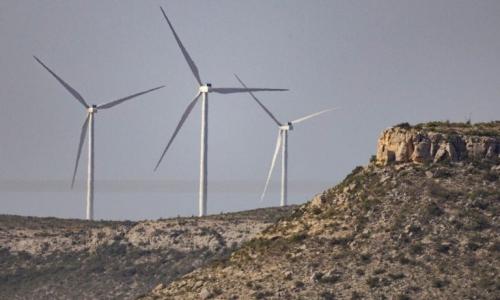News Briefs
Nov 12, 2021
Pahl, a Ph.D. student in the Department of Earth System Science, followed the stars to get to UCI.
Nov 12, 2021
Through stories, Burns wants to transport you to quantum civilizations.
Nov 10, 2021
Critics of renewable energy have often said that they wouldn’t be able to replace fossil fuels such as coal and natural gas.
Nov 5, 2021
Garcia, a fifth-year Physics & Astronomy graduate student, is working on clean energy research at the DIII-D nuclear fusion experiment in San Diego.
Nov 5, 2021
UCI-led team analyzes options for filling the gaps in generation.
Nov 1, 2021
Physical Sciences SciComm Fellow Bryant Pahl interviews new UCI climate scientist Jane Baldwin.
Nov 1, 2021
The honor recognizes a career in physics that strives to make the science Dennin does relatable to the world.
Oct 21, 2021
On this Student Spotlight during University of California, Irvine Week: California is in the thick of the effects of climate change.
Shane Coffield, PhD Candidate in Earth System Science, explores what to do going forward.
Oct 21, 2021
The research will help scientists understand ozone pollution in the New York Metropolitan Area.
Oct 21, 2021
The new role will help the paleoclimatologist promote diversity, equity and inclusion in the geosciences here at UCI and elsewhere.
Oct 15, 2021
David MacMillan earned a Ph.D. from UC Irvine in 1996 and was a scientist at UC Berkeley and Caltech in Pasadena
Oct 14, 2021
The center will foster research at the intersection of Earth science, physics and data science.











